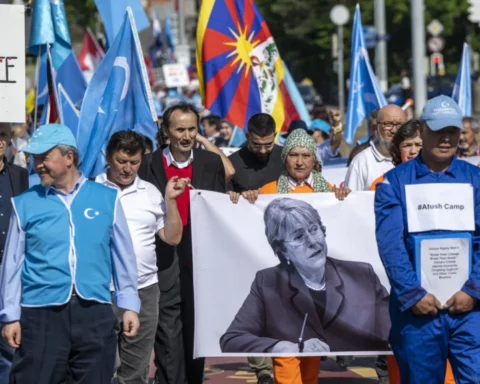Ahead of tomorrow’s World Day against the Death Penalty, the OSCE Office for Democratic Institutions and Human Rights (ODIHR) emphasized in its new report that individuals facing the death penalty must have access to fair trial guarantees, the right of pardon or commutation, and equal protection of the law without discrimination.
Safeguards that guarantee the rights of people on death row and prevent arbitrary deprivation of life are critical where capital punishment is still in use. However, some cases that end in the death penalty lack the certain basic elements for a fair trial, like the presumption of innocence or effective defence counsel. This is particularly concerning when considering the irreversibility of any miscarriage of justice in capital cases.
This year, ODIHR’s Background Paper on the Death Penalty in the OSCE Area discusses ways in which the death penalty can be arbitrary. It highlights that the application of the death penalty cannot be reconciled with full respect for the right to life, as it is often arbitrary and inconsistent. Capital punishment also disproportionately affects people in situations of vulnerability because of their race, gender or socioeconomic status. ODIHR has repeated on many occasions that the death penalty is a cruel, inhuman and degrading punishment. It is particularly deplorable to sentence to death individuals who face specific barriers in defending themselves, such as persons with psychosocial or intellectual disabilities.
OSCE participating States have committed to exchanging information about abolishing the death penalty and its use. Transparency in all aspects of the application of the death penalty is crucial to ensuring due process rights and freedom from torture and other cruel, inhuman or degrading treatment or punishment.





